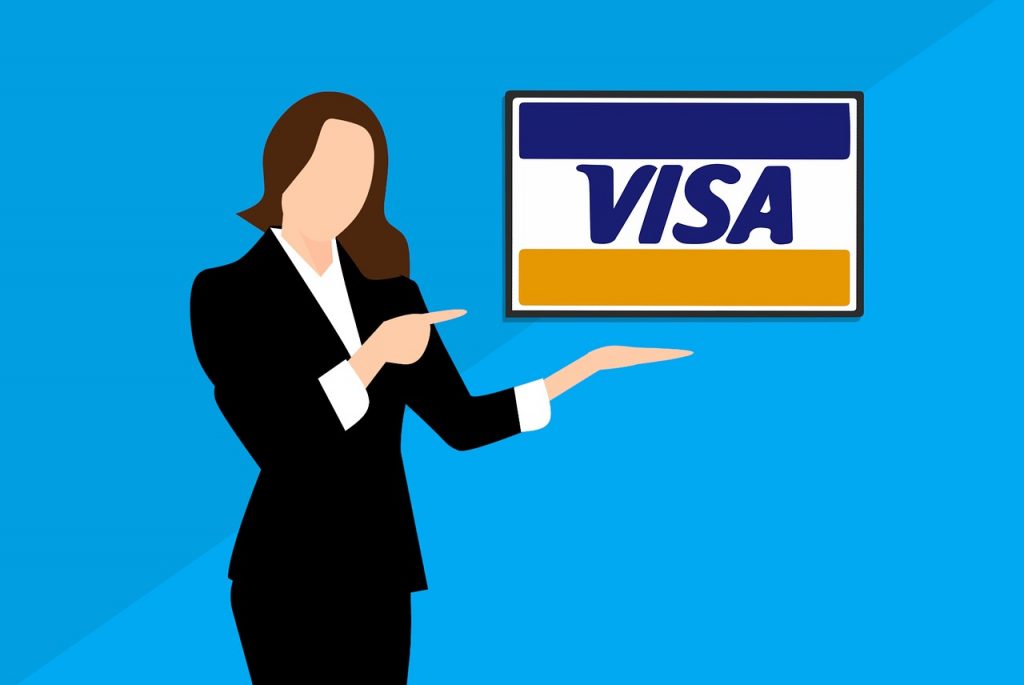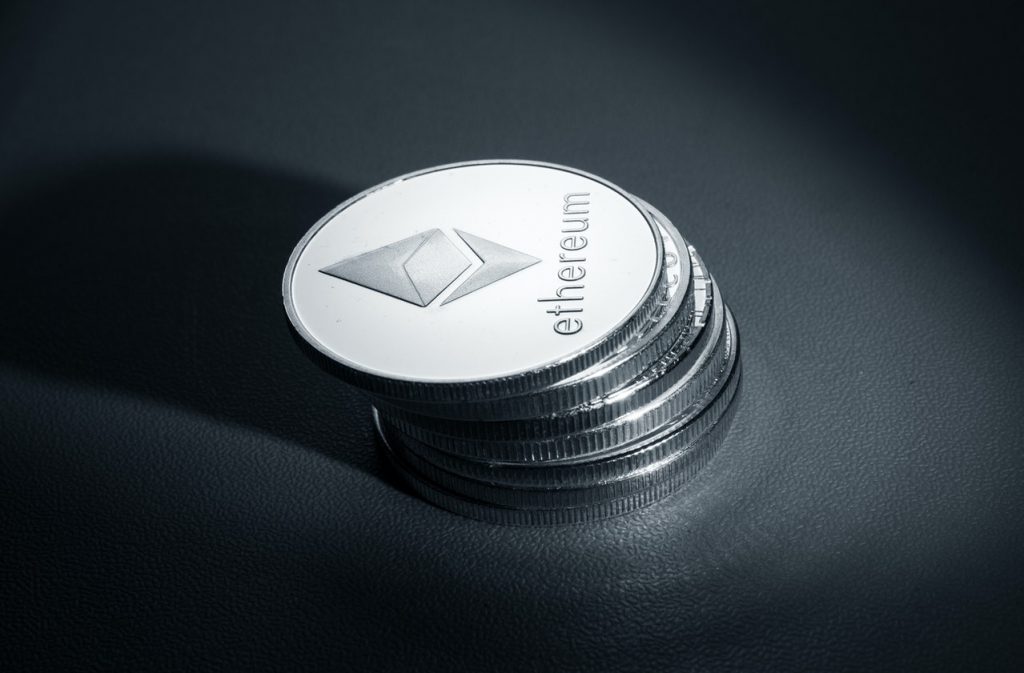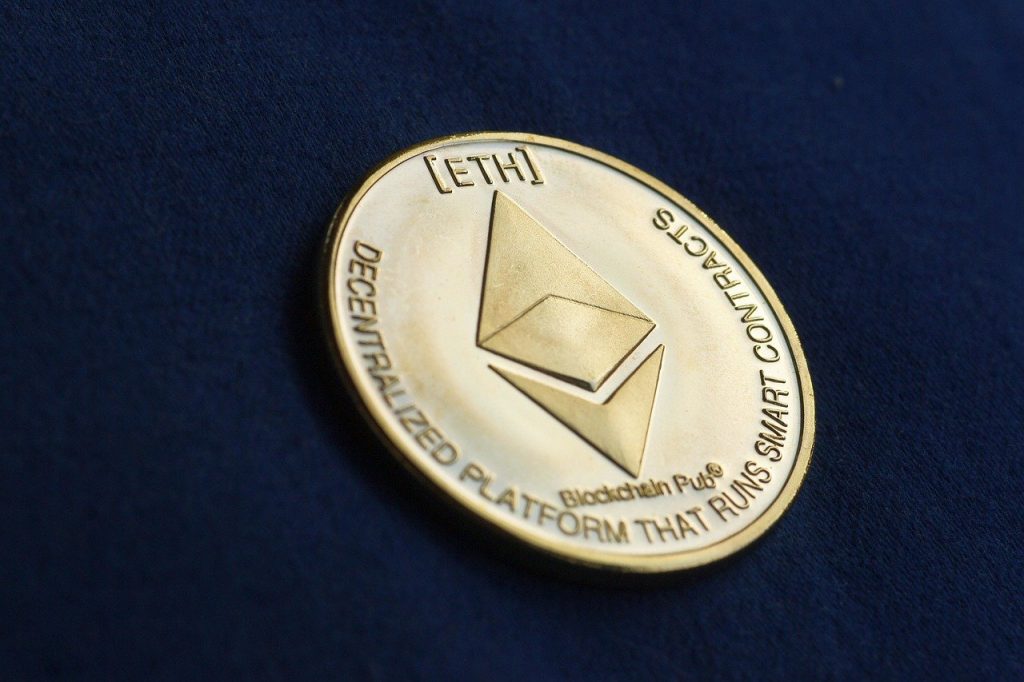Key Highlights:
- Visa thinks it’s conceivable for Ethereum to provide automatic payments.
- The business distributed a technical paper that argued account abstraction would make it simple for self-custodial wallets to set up auto-payments.
- New kinds of multi-owner accounts and public accounts might potentially be possible with account abstraction.
Credit card giant Visa has unveiled a proposal that would let owners of the ether crypto set up automatic payments directly from their own self-custodial wallets without the involvement of banks or other centralized bodies.
In the traditional banking industry, auto payments for recurrent bills are typical. In addition, users can authorize specific service providers to withdraw money from their preferred bank accounts to pay bills, such as a Netflix subscription or a recurring phone bill.
Is it challenging?
Since the idea involves potentially handing access to one’s private keys to a smart contract in charge of making the payments on one’s behalf, enabling auto payments for self-custodial wallets is difficult. In essence, auto-payments have the potential to jeopardize the security offered by self-custody.
The Visa team claims that account abstraction, or merging a user wallet and smart contracts in a single Ethereum account, is the answer to that issue. According to reports, this would increase the flexibility of the blockchain validation process. Visa, for example, would enable multi-owner accounts (through multi-sig) and public accounts from which anybody may do business.
Who are the competitors?
With its first crypto-linked card debut in 2015, Visa, one of the first traditional payment giants to take digital assets seriously, is now competing with companies like Mastercard, PayPal, and Block (formerly known as Square), to make such payments accessible to regular consumers.



